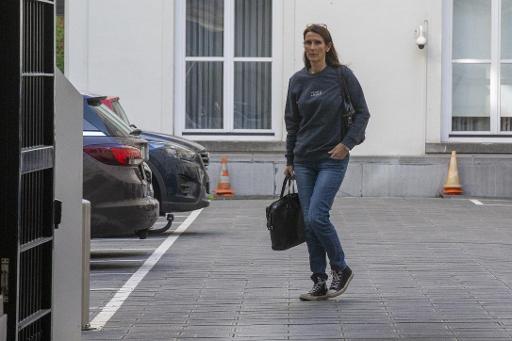Foreign Minister Sophie Wilmès on Sunday reaffirmed Belgium’s commitment to an end to capital punishment worldwide, on the occasion of the 19th European and World Day against the Death Penalty.
This year the Day focuses on women, Belga News Agency reports.
“In some countries, women are sentenced to death more often than men for crimes involving sexual morality, such as adultery. Moreover, mitigating circumstances related to gender violence and abuse are rarely taken into account during the criminal process,” Minister Wilmès is quoted as saying in a press release issued on Sunday by the Foreign Ministry.
“The death penalty thus violates not only the right to life, but also other human rights such as the right to equality and non-discrimination. Above all, it remains a cruel punishment and an unacceptable violation of human dignity,” she added.
The death penalty was abolished in Belgium in 1996. However, the last execution in this country was in 1950.
Belgium is the co-sponsor of a resolution on transparency in the application of the death penalty adopted on Friday last by the UN Human Rights Council.
Related News
This resolution, which has the support of about 60 States, “calls on countries that have not yet abolished the death penalty to ensure transparency in the imposition and execution of this punishment, including in their methods of execution, and calls on countries that still carry out secret executions to stop this practice, Wilmès explained.
The resolution, which is part of Belgium’s efforts in pursuit of the objective of total abolition of the death penalty for all crimes throughout the world, “demonstrates Belgium’s dynamism in protecting and promoting human rights,” according to the Foreign Ministry statement. “This motivates our country to apply for a seat on the Human Rights Council for the period 2023-2025,” it added.
The Human Rights Council is an inter-governmental body within the United Nations system responsible for strengthening the promotion and protection of human rights around the globe. It addresses situations of human rights violations and makes recommendations on them.
The Council, which replaced the former UN Commission on Human Rights, is made up of 47 UN Member States, which are elected by the UN General Assembly.

